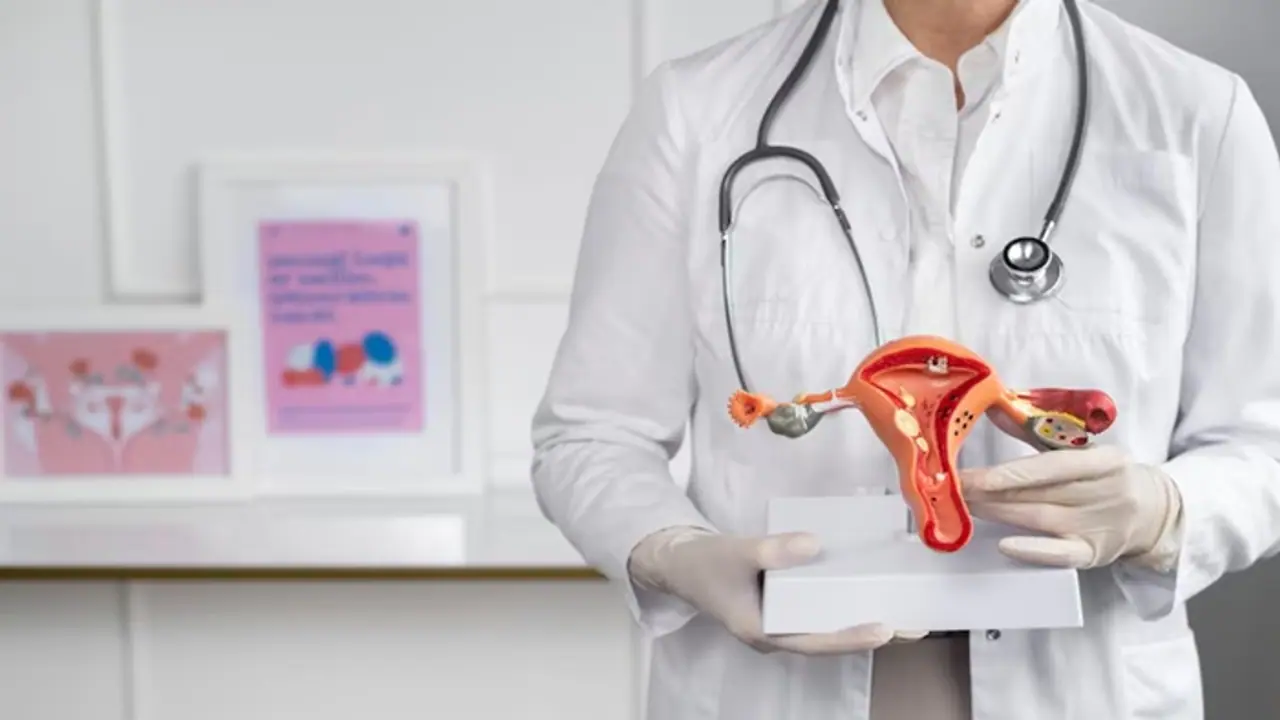Ovarian rejuvenation has promising fertility therapy potential for women who struggle to conceive. This method is novel. Women should talk to a fertility doctor about the pros and downsides of this option and all of their pregnancy options. Ovarian rejuvenation is a novel and feasible fertility therapy as research improves.
An innovative technique in reproductive medicine called ovarian rejuvenation may provide new hope to women who are having trouble becoming pregnant, especially those who have premature ovarian insufficiency (POI) or decreased ovarian reserve (DOR). By encouraging the creation and production of new eggs, this innovative treatment seeks to improve ovarian function and may increase a woman's fertility. But does ovarian rejuvenation live up to expectations? Let's examine this advancement and its possible effects on fertility.

What is Ovarian Rejuvenation?
Ovarian Rejuvenation refers to restoring ovarian function. The term "ovarian rejuvenation" refers to various experimental treatments designed to restore the ovaries' capacity to produce eggs. Platelet-rich plasma (PRP) therapy is one of the most often discussed therapies. A patient's blood is taken and centrifuged during this technique to separate platelets and plasma from other blood components. Platelet-rich plasma (PRP) contains growth agents that promote tissue regeneration. Prepared PRP was then injected directly into the ovaries.
Another approach involves using stem cells, also called Autologous Stem cell Transplant in the ovary(ASCOT). These cells are undifferentiated cells that can develop in to different types of cells, including ovarian cells. By introducing stem cells into the ovaries, scientists hope to generate new ovarian cells(eggs) in women who no longer produce them naturally. This treatment has the potential to help women with a variety of fertility problems, including premature ovarian insufficiency, low ovarian reserve and cancer-related infertility. In Stem cell therapy, stem cells can be extracted from patient’s own bone marrow or adipose tissue. This involves a surgical procedure under anaesthesia.
The Promise and the Reality
The potential of ovarian rejuvenation is unquestionably exciting, particularly for women with diminished ovarian reserve (DOR), or premature ovarian Insufficiency (POI). The ability to create new eggs might increase the chances of in vitro fertilization (IVF) success rates, extend a woman's reproductive window, and enable pregnancy.
However, it's crucial to view this advancement with cautious optimism. While preliminary studies and anecdotal reports suggest that ovarian rejuvenation may result in new egg generation, the evidence is still limited and largely experimental. More extensive clinical trials are required before ovarian rejuvenation may be widely suggested.
Conclusion
Ovarian rejuvenation represents an interesting frontier in fertility treatment, offering hope to women who face challenges in conceiving. It is still a new technique. When considering this option, women should speak with a fertility specialist to learn about the possible advantages and disadvantages and to discuss all of their choices for getting pregnant. Ovarian rejuvenation is an innovative treatment and practical alternative for improving fertility as research advances.
-Dr Kunzang Dolma, fertility expert, Nova IVF Fertility, Whitefield, Bengaluru
